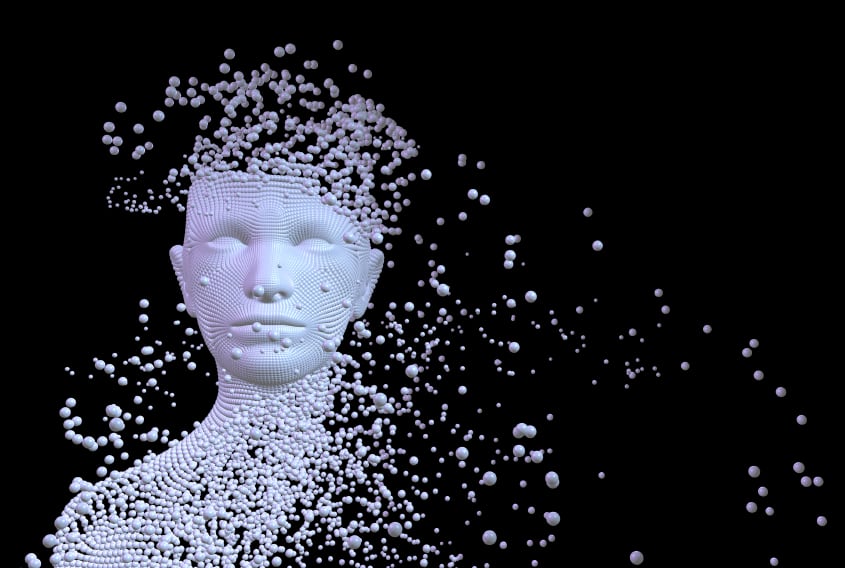Evidence from a random population sample revealed that those suffering from these neurological disorders had a high chance of developing gut conditions such as indigestion and irritable bowel syndrome (IBS).
Those, who were suffering from IBS at the start of the study but did not show noticeable symptoms of anxiety and depression, were found to be suffering from these conditions after a one-year follow-up.
The team of researchers from the University of Newcastle in Australia also found that in a third of individuals a mood disorder preceded a functional gastrointestinal disorders (FGID) but in two-thirds a FGID preceded the mood disorder.
The study not only provides strong evidence of communication and influence between the gut and brain but that it may also be two-way.
While brain-gut pathways were evident in IBS and indigestion as expected, the findings also identified certain individuals with indigestion and IBS in which the condition began in the gut and psychological distress subsequently developed.
"We believe these results are really a breakthrough in conceptualising IBS,” said professor Nicholas Talley, senior author of the study and director of the university's Priority Research Centre (PRC).
"We may be in reach of relieving not only gut pain but also anxiety and depression that arises from gut disease."
The key role of bugs

A sample size of 2885 was taken from populations based in Newcastle and Hunter New England in New South Wales, Australia.
They responded to a survey in 2012 and agreed to be contacted for future research. In total, 1900 individuals completed the one-year follow-up survey.
The original and one year follow-up survey contained a questionnaire designed to measure functional gastrointestinal symptoms experienced over the previous three months.
A Hospital Anxiety and Depression Scale was also used to assess psychological distress. The questionnaire contained 14 items that assessed anxiety and depression.
Finally, another questionnaire was used to assess health-related quality-of-life. This 12-item generic quality-of-life assessment measured mental and physical functioning over the past four weeks.
Much of the relevant evidence that the brain–gut relationship in FGIDs may be bidirectional has come from human epidemiological studies.
Animal studies in mice have provided back-up in confirming the existence of gut-to-brain signalling through the microbiome that can influence degree of anxiety.
“I am confident gut disease can lead to IBS and bugs play a key role," said Talley. “We know in post infectious gastroenteritis, new onset IBS occurs in up to one third of people and persists in a much smaller group.”
“We strongly suspect the microbiome is playing a key role and the microbiome is altered by infection and antibiotics, both known risk factors for IBS. Chronic infection may also be important and we recently found a colonic chronic infection (colonic spirochaetes) is a likely cause of IBS with diarrhoea."
Gut manipulation easier

The research team believe anxiety and depression could affect the gut by influencing the autonomic nervous system’s function, increasing the stress response and determining hormone secretion.
“We have data anxiety in some cases, which probably arises from the gut in IBS (through release of chemicals into the circulation called cytokines). The new insights imply treating gut disease may reverse brain disease.
"The gut is much easier to manipulate than the brain!”
Source: Alimentary Pharmacology & Therapeutics
Published online ahead of print, DOI: 10.1111/apt.13738
“Evidence that independent gut-to-brain and brain-to-gut pathways operate in the irritable bowel syndrome and functional dyspepsia: a 1-year population-based prospective study.”
Authors: Nicholas Talley et al.
